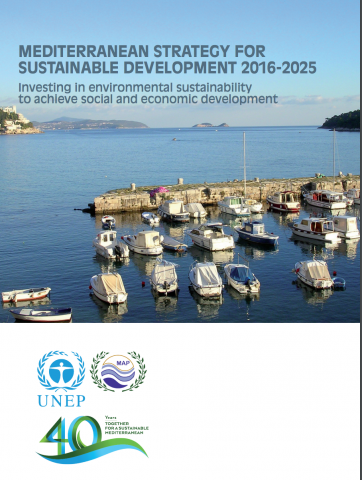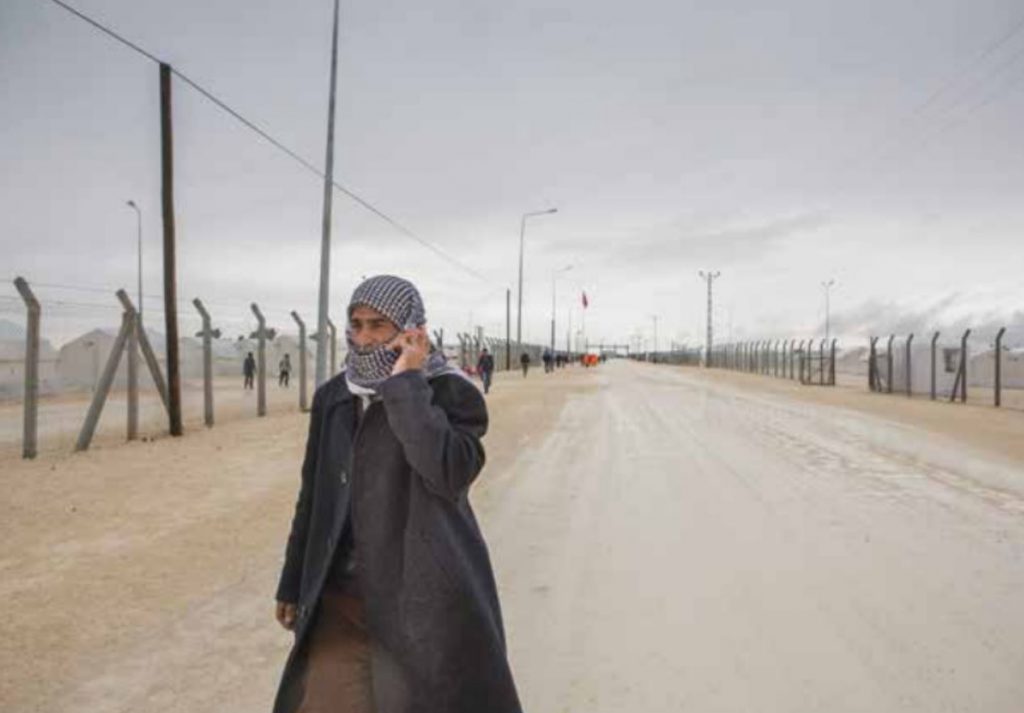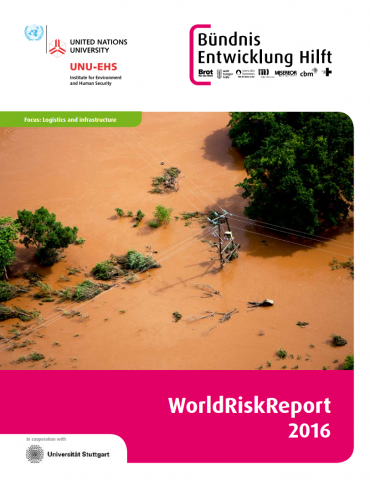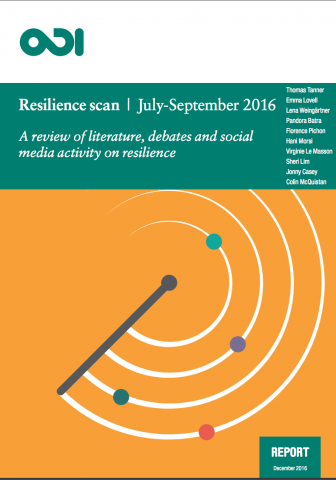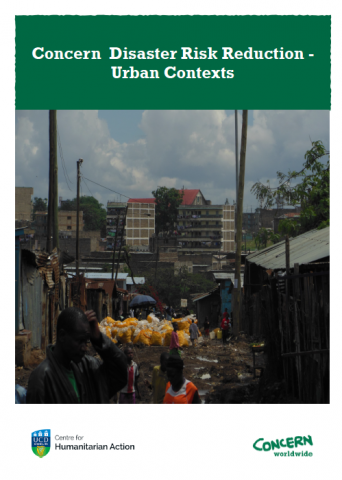Mediterranean strategy for sustainable development 2016-2025: Investing in environmental sustainability to achieve social and economic development
The Mediterranean Strategy for Sustainable Development 2016-2025 aims to contribute significantly to the long-term sustainable development vision for the Mediterranean region, especially within the context of the 2030 Agenda for Sustainable Development. It presents strategic directions supporting disaster preparedness, adaptive actions and urban resilience to reduce vulnerability to disaster risks. The Strategy is articulated around six […]

